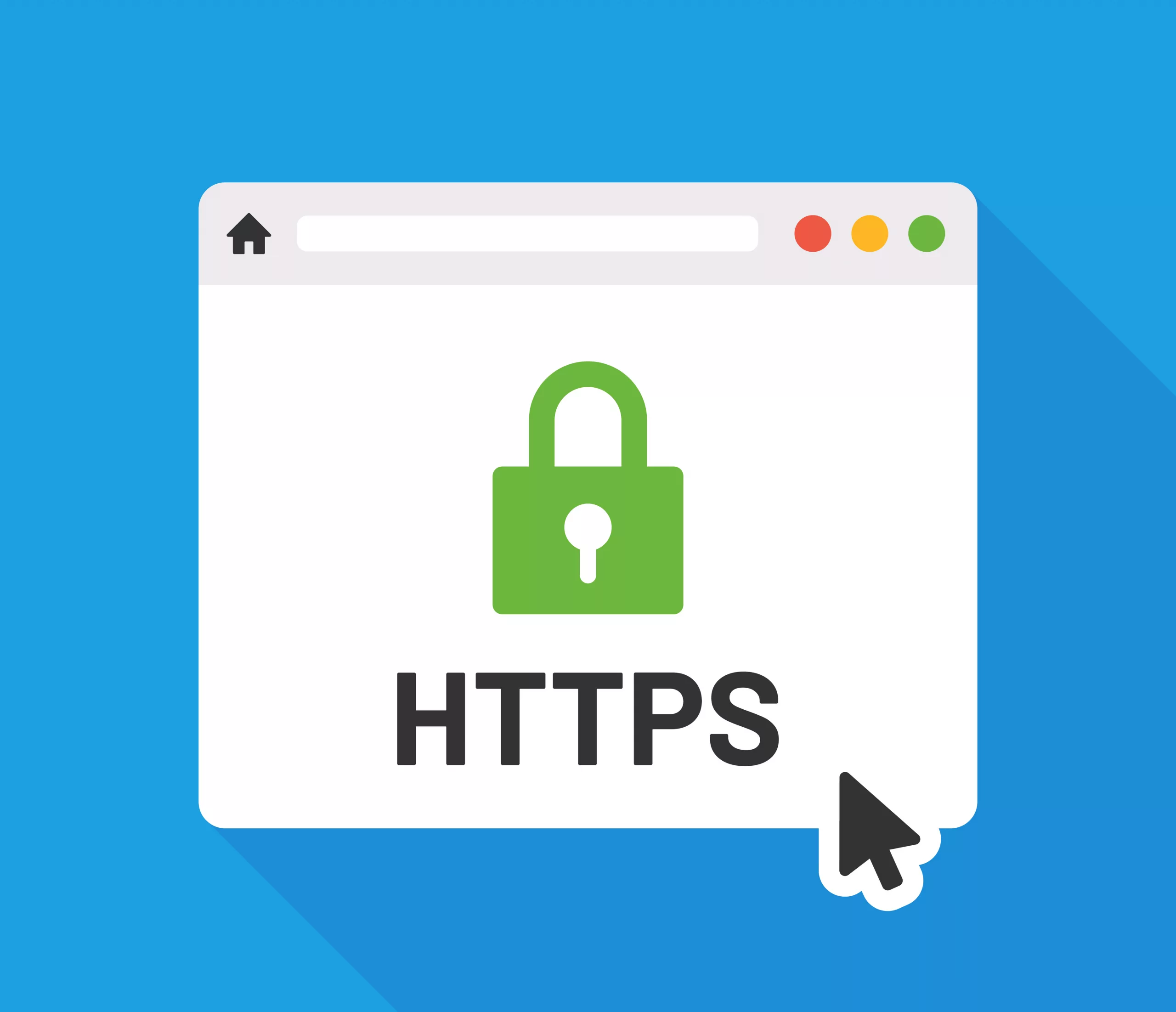Your customers trust you every time they share their personal information online — whether it’s an email address, payment detail, or account login. That trust is priceless. Practicing strong customer data protection and ensuring safe online transactions not only shields your business from cyberattacks but also builds lasting customer confidence.
Keep Customer Data Protection #1 Priority By Only Collecting the Data You Need
Good customer data protection starts with limiting what you collect. The less data you store, the lower your risk if a breach occurs.
Example: If you don’t need a customer’s birthday or home address to process a transaction, don’t ask for it. Keeping data minimal helps keep it safe.
Use Secure Payment Gateways to Ensure Proper Customer Data Protection
Safe online transactions depend on trusted payment gateways that meet industry standards like PCI DSS compliance.
Example: Services such as Stripe, Square, and PayPal encrypt sensitive payment data so it never directly touches your website’s server.
Encrypt All Customer Information
Encryption is one of the strongest tools for customer data protection. It converts sensitive information into unreadable code during transmission. (It’s also important to know that not using SSL can hurt your SEO rankings!)
Example: Use HTTPS for your entire website, ensure SSL certificates are valid, and encrypt stored data such as customer login credentials or billing information.
Keep Software and Security Systems Updated
Outdated software is one of the easiest ways for hackers to exploit small businesses.
Example: Regularly update your eCommerce platform, plugins, and payment processing software to ensure you’re protected against the latest vulnerabilities.
Use Multi-Factor Authentication (MFA) for Customer Accounts
MFA adds another layer of customer data protection by requiring users to verify their identity before accessing their accounts.
Example: If a customer logs in from a new device, send a verification code via email or SMS to confirm their identity.
Store Customer Data Securely
Once data is collected, it must be stored responsibly.
Example: Keep sensitive customer information in encrypted databases and limit access to only trusted employees who need it to perform their duties.
Display Your Security Commitment
Transparency builds trust. Let your customers know that you prioritize customer data protection and safe transactions.
Example: Add trust badges, SSL indicators, and privacy policy links to your website checkout pages. It reassures visitors that their information is secure.
Monitor and Respond to Threats Quickly
Even with strong defenses, threats evolve daily. Proactive monitoring ensures any suspicious activity is caught early.
Example: Use website security plugins or services like Sucuri or Cloudflare to detect and block suspicious traffic before damage occurs.
Conclusion
Prioritizing customer data protection and secure online transactions isn’t just about compliance — it’s about earning and keeping customer trust. By encrypting data, using reliable payment gateways, and maintaining transparency, small businesses can safeguard both their reputation and their bottom line.
For more information about other matters related to website security, check out our previous post on website security best practices.


